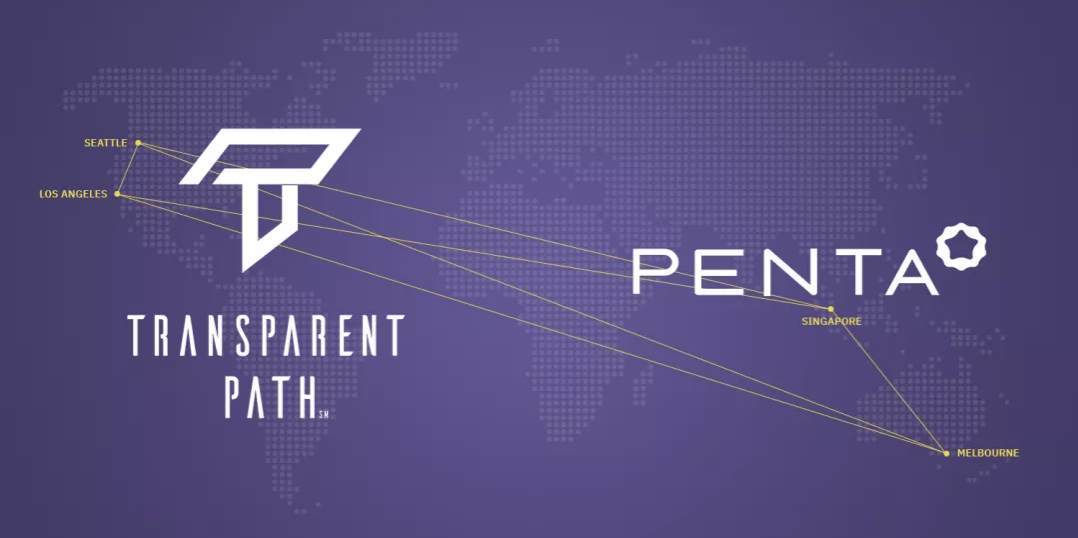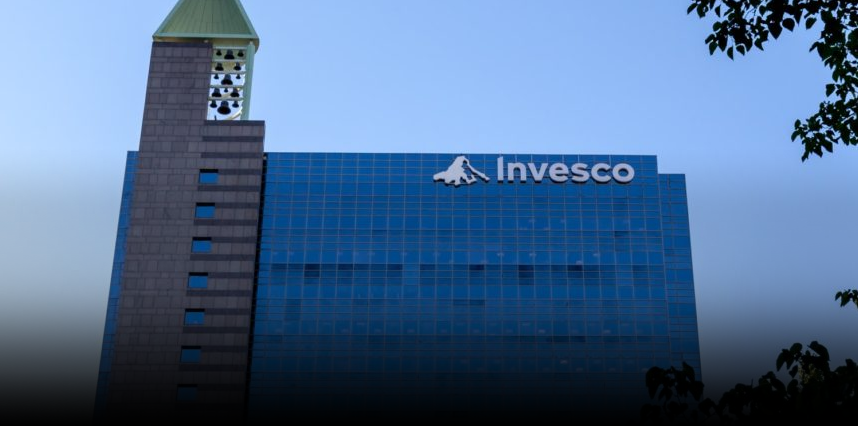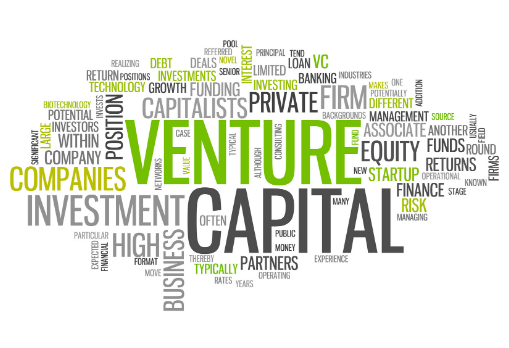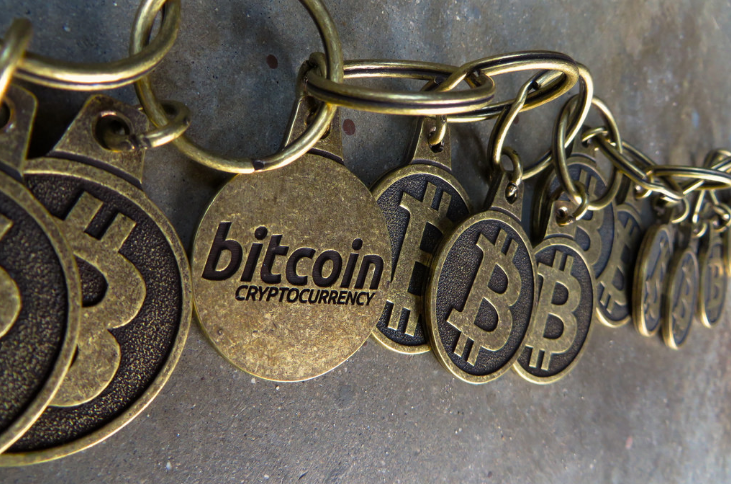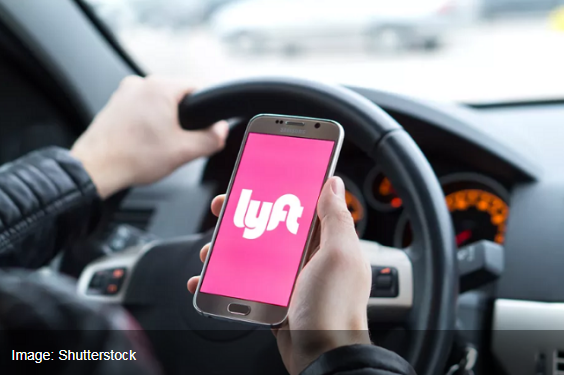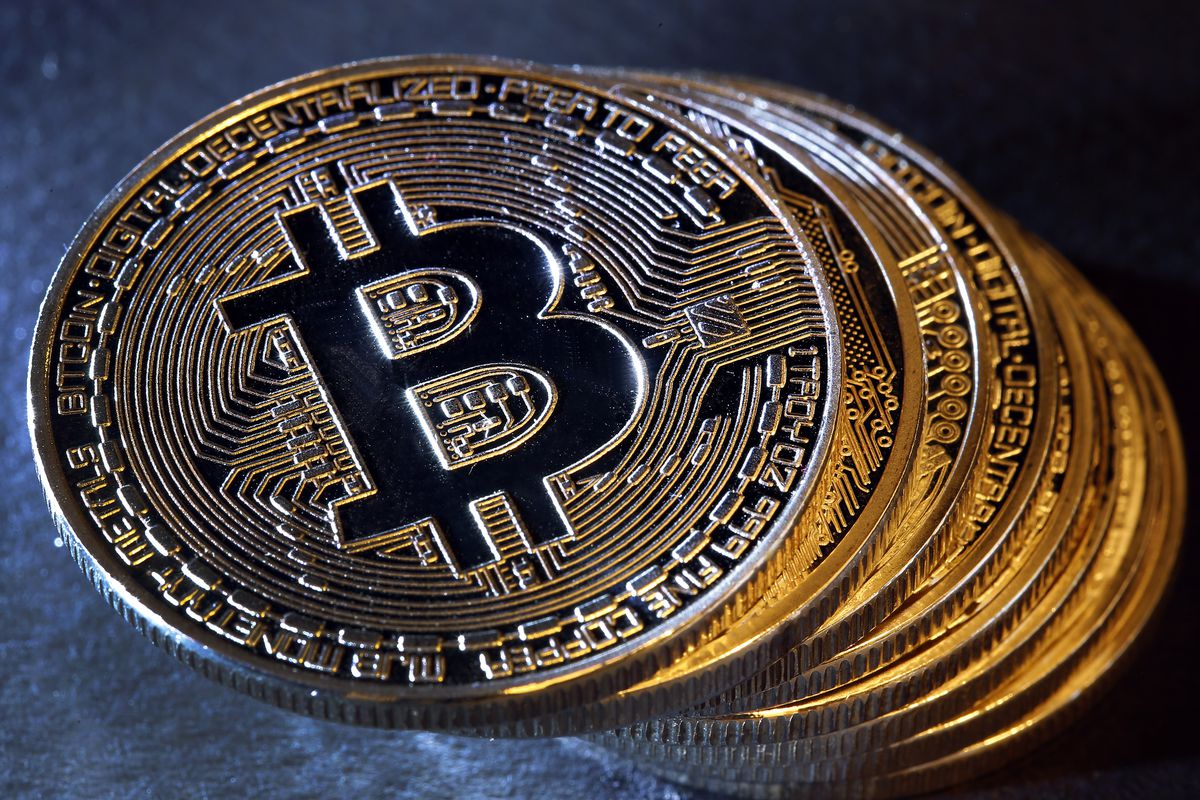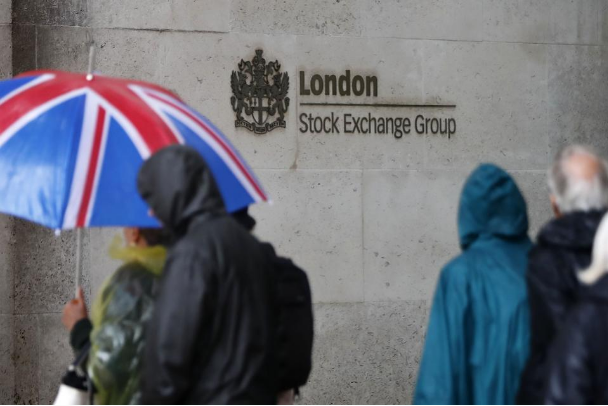 Marseilles, the Mediterranean’s second busiest port and Frances largest, is using Blockchain technology to improve the efficiency of its supply chains and the way it handles freight and goods, looking at how it can make better use and share data in a highly secure manner.
Marseilles, the Mediterranean’s second busiest port and Frances largest, is using Blockchain technology to improve the efficiency of its supply chains and the way it handles freight and goods, looking at how it can make better use and share data in a highly secure manner. A number of ports are now using Blockchain technology, IBM and Maersk have a system that involves a number of organizations that are able to track in real time shipping data and shipping documentation.
Meanwhile, Rotterdam, Europe’s largest port, has a Blockchain initiative with bank ABN Amro and Samsung as they look at how to make the shipping of containers more efficient. Currently, there is an average of 28 different organizations involved in transport of one container from China to Europe.
Shipping containers account for over 66% of all goods transported globally and the items they transport are valued at over $4 trillion worth of goods p.a. so efficiencies can make a huge impact.


